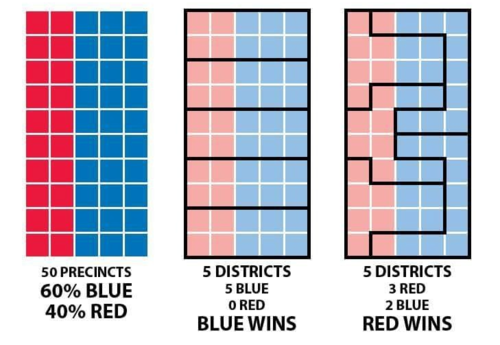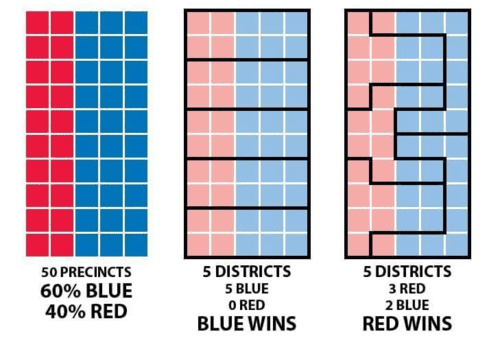The “repetition effect” is a potent psychological phenomenon and a common propaganda device. This technique operates on the principle that repeated exposure to a specific message or idea increases the likelihood of its acceptance as truth or normalcy by an individual or the public. Its effectiveness lies in its simplicity and its exploitation of a basic human cognitive bias: the more we hear something, the more likely we are to believe it.

Historical context
The repetition effect has been used throughout history, but its most notorious use was by Adolf Hitler and the Nazi Party in Germany. Hitler, along with his Propaganda Minister, Joseph Goebbels, effectively employed this technique to disseminate Nazi ideology and promote antisemitism. In his autobiography “Mein Kampf,” Hitler wrote about the importance of repetition in reinforcing the message and ensuring that it reached the widest possible audience. He believed that the constant repetition of a lie would eventually be accepted as truth.
Goebbels echoed this sentiment, famously stating, “If you tell a lie big enough and keep repeating it, people will eventually come to believe it.” The Nazi regime used this strategy in various forms, including in speeches, posters, films, and through controlled media. The relentless repetition of anti-Semitic propaganda, the glorification of the Aryan race, and the demonization of enemies played a crucial role in the establishment and maintenance of the Nazi regime.
Psychological basis
The effectiveness of the repetition effect is rooted in cognitive psychology. This bias is known as the “illusory truth effect,” where repeated exposure to a statement increases its perceived truthfulness. The phenomenon is tied to the ease with which familiar information is processed. When we hear something repeatedly, it becomes more fluent to process, and our brains misinterpret this fluency as a signal for truth.
Modern era usage
The transition into the modern era saw the repetition effect adapting to new media and communication technologies. In the age of television and radio, political figures and advertisers used repetition to embed messages in the public consciousness. The rise of the internet and social media has further amplified the impact of this technique. In the digital age, the speed and reach of information are unprecedented, making it easier for false information to be spread and for the repetition effect to be exploited on a global scale.


Political campaigns, especially in polarized environments, often use the repetition effect to reinforce their messages. The constant repetition of slogans, talking points, and specific narratives across various platforms solidifies these messages in the public’s mind, regardless of their factual accuracy.
Ethical considerations and countermeasures
The ethical implications of using the repetition effect are significant, especially when it involves spreading disinformation or harmful ideologies. It raises concerns about the manipulation of public opinion and the undermining of democratic processes.
To counteract the repetition effect, media literacy and critical thinking are essential. Educating the public about this psychological bias and encouraging skepticism towards repeated messages can help mitigate its influence. Fact-checking and the promotion of diverse sources of information also play a critical role in combating the spread of falsehoods reinforced by repetition.
Repetition effect: A key tool of propaganda
The repetition effect is a powerful psychological tool in the arsenal of propagandists and communicators. From its historical use by Hitler and the fascists to its continued relevance in the digital era, this technique demonstrates the profound impact of repeated messaging on public perception and belief.
While it can be used for benign purposes, such as in advertising or reinforcing positive social behaviors, its potential for manipulation and spreading misinformation cannot be understated. Understanding and recognizing the repetition effect is crucial in developing a more discerning and informed approach to the information we encounter daily.













































